Can somebody check on Robert Smith? Usually, angst is seen as a characteristic that mellows with age, especially when it comes to music. It’s basically a cliché for goth, emo, and punk icons turn to folk or jazz or book tours as their hair starts to grey and their youthful, rebellious fire slowly cools off. Not Mr. Smith, though, whose hair is as jet black as ever and whose songwriting remains profoundly, existentially angsty on Songs of a Lost World, The Cure’s first new album in 16 years. Luckily, sadness still looks beautiful on him.
And, really, who can blame Smith for feeling less than content? Horrific international conflicts only continue to escalate, Covid-19 continues to linger, and, at the time of this review’s publication, America is dealing with the aftermath of particularly charged election day. (Feeling gloomy about it all? This is the album for you!) On a cloudy day, it certainly can feel as if we are living in a lost world in desperate need of a song or two.
While Smith avoids getting too specific about what exactly has made our world so lost, refraining from grand political statements or overtly topical references, the depth of the record’s existential dread certainly matches its morose title. Songs of a Lost World is a towering, glacially-paced exorcism that simultaneously offers catharsis and makes the weight of the world feel even more overwhelming. Not too shabby for a band quickly approaching their 50th anniversary.
Album opener “Alone,” which functionally serves as The Cure’s official reintroduction, establishes such a dreary tone from the onset. After a lengthy, Disintegration-esque intro, Smith’s first stanza, inspired by Ernest Dowson’s poem “Dregs,” laments:
This is the end of every song that we sing
The fire burned out to ash and the stars grown dim with tears
Cold and afraid, the ghosts of all that we’ve been
We toast with bitter dregs, to our emptiness
It’s quite a hopeless note to start out on, and the only scraps of relief the following seven tracks are able to find come from accepting the void’s insurmountable vastness. “Warsong” declares that there’s “no way out of this/ no way for us to find a way to peace,” “I Can Never Say Goodbye” finds Smith recounting the night of his brother’s passing, and “Done:NoDrone” is at a loss for words as it scrambles for a last chance at happiness. So much for not caring if Monday’s blue…

 1 month ago
9
1 month ago
9

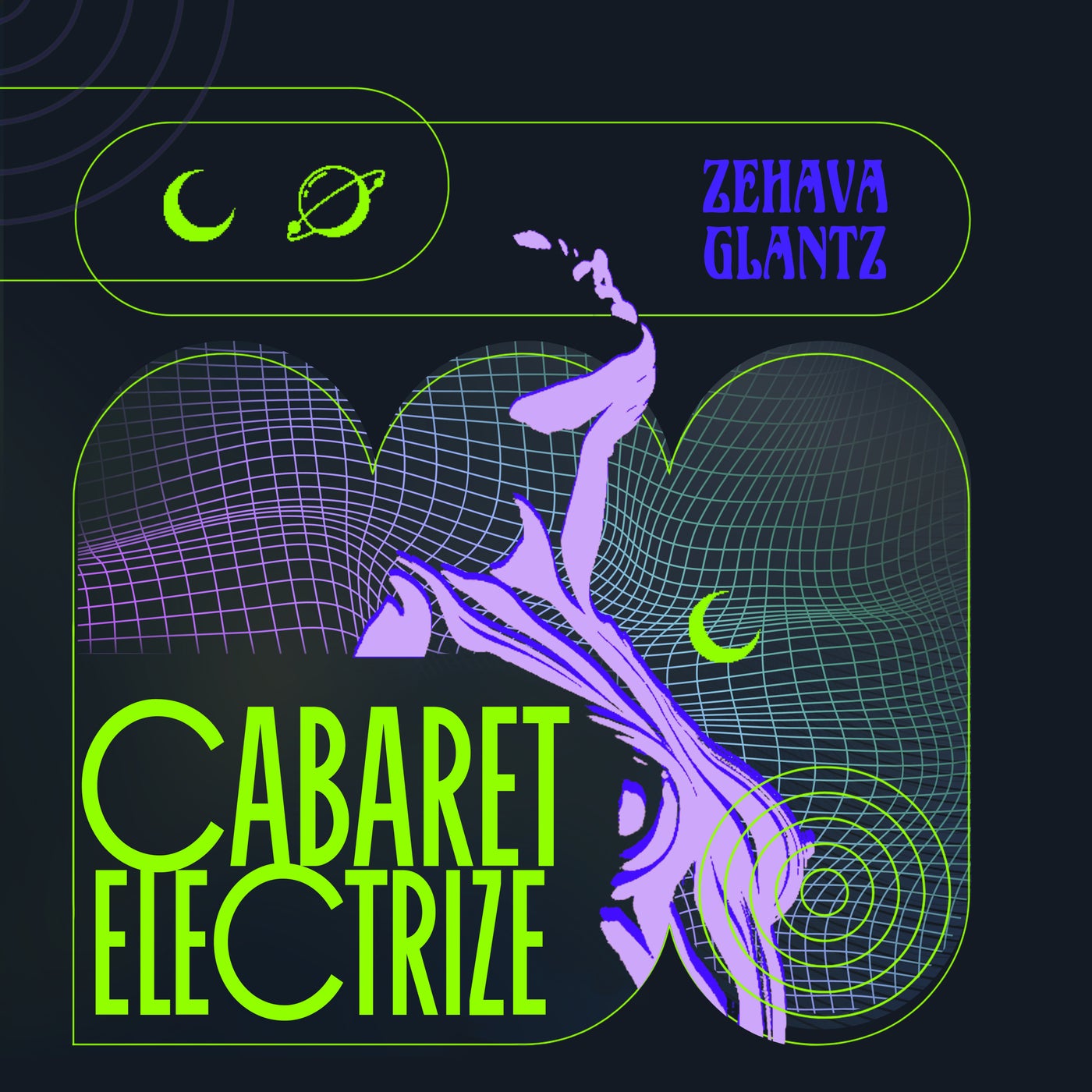
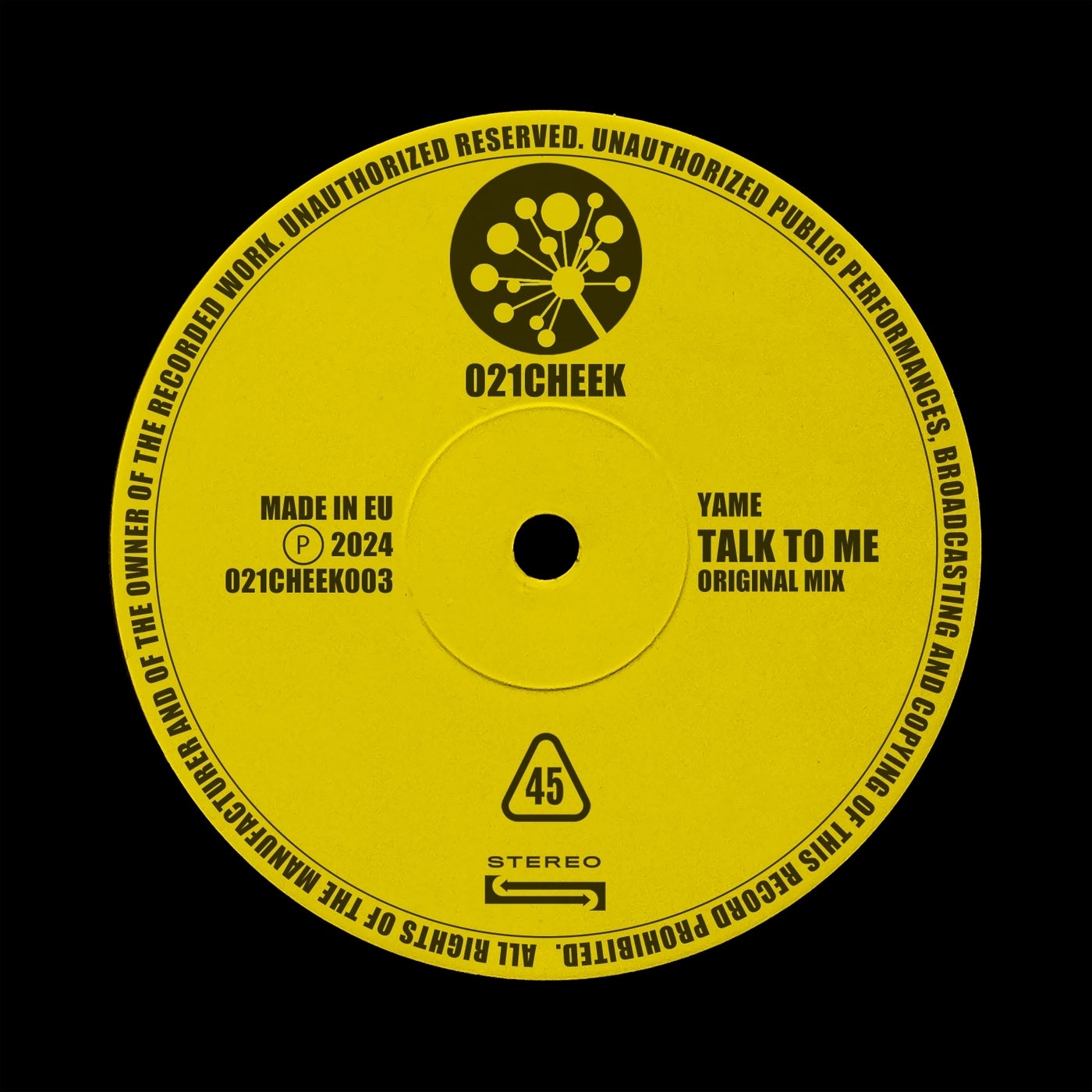
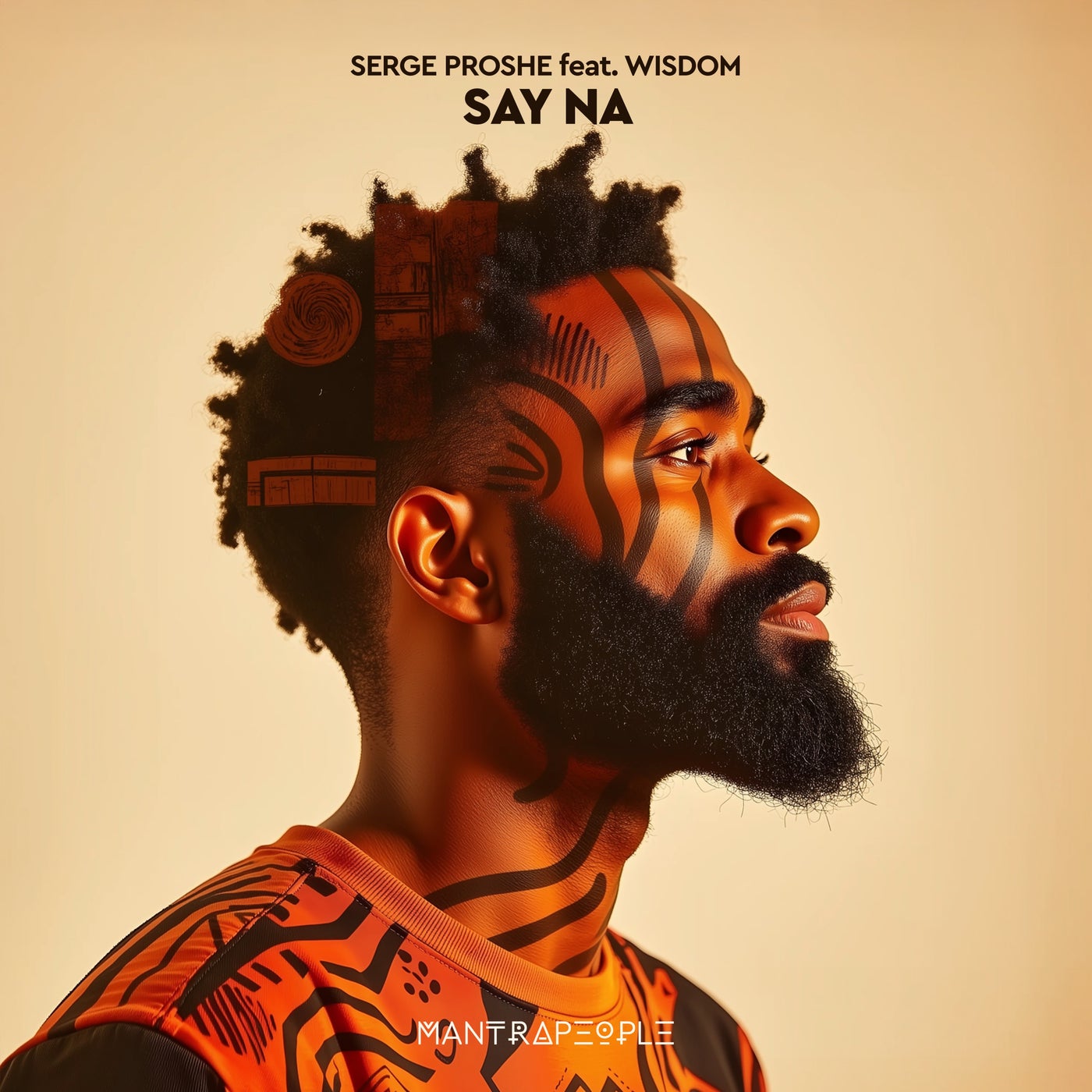
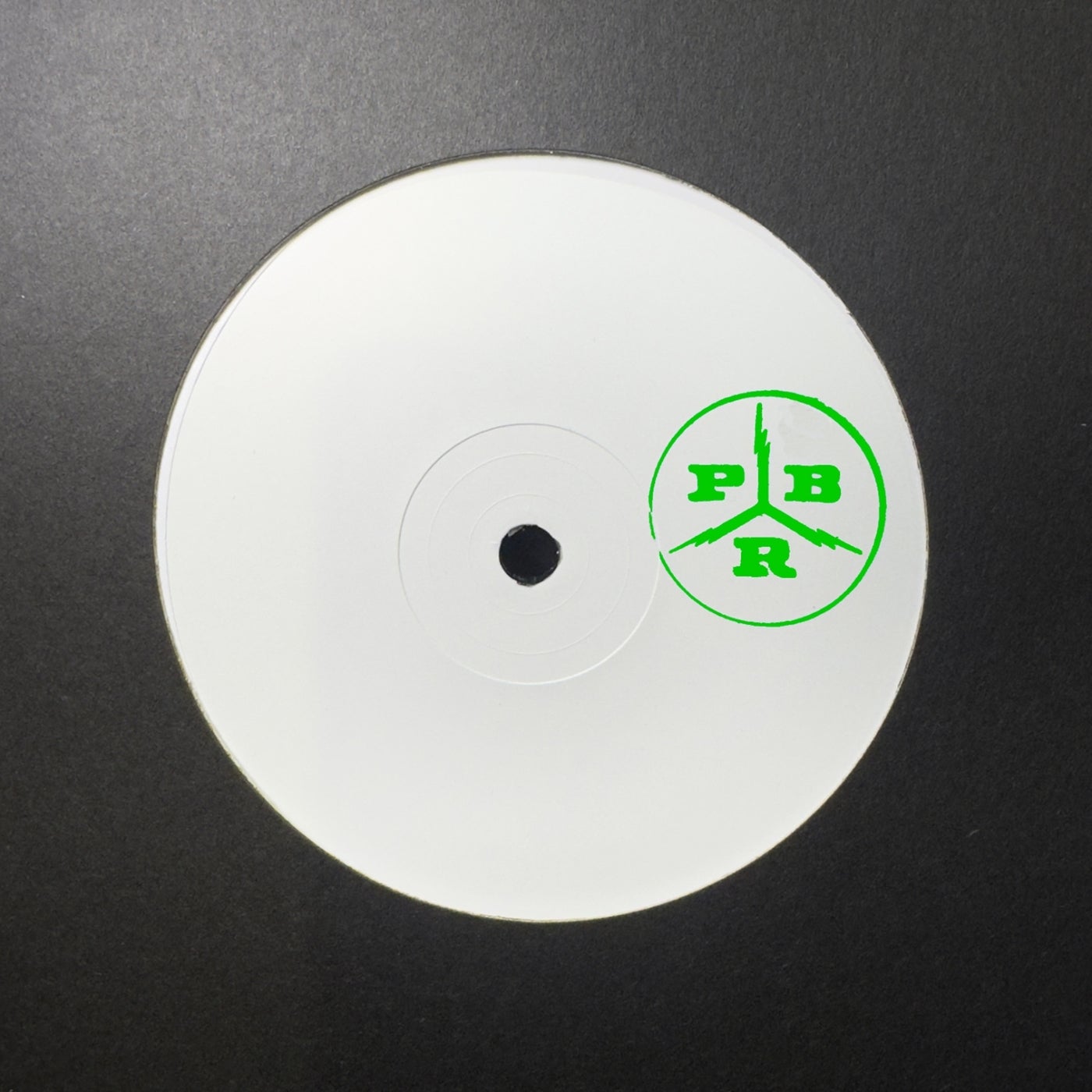
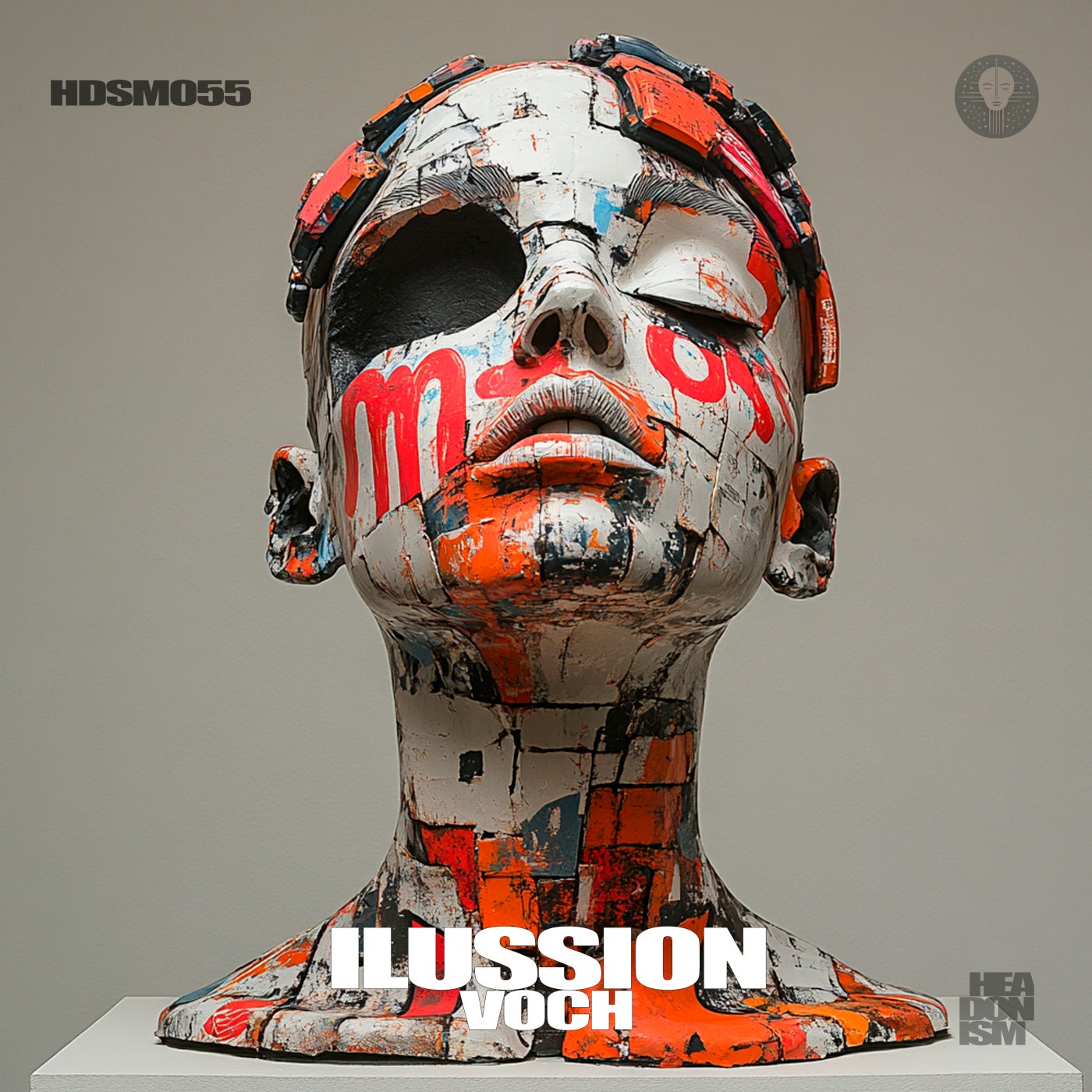












 English (US) ·
English (US) ·